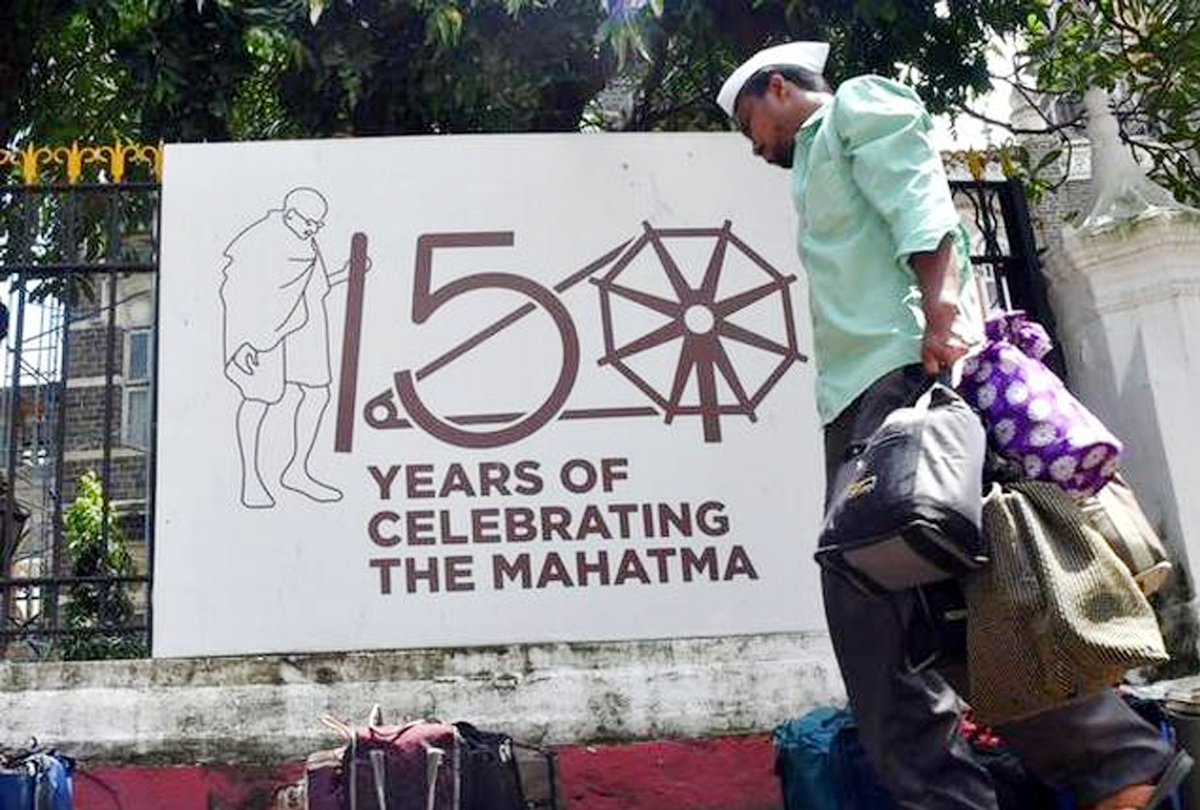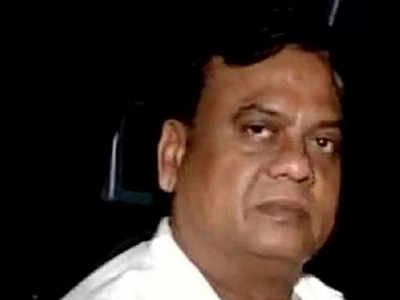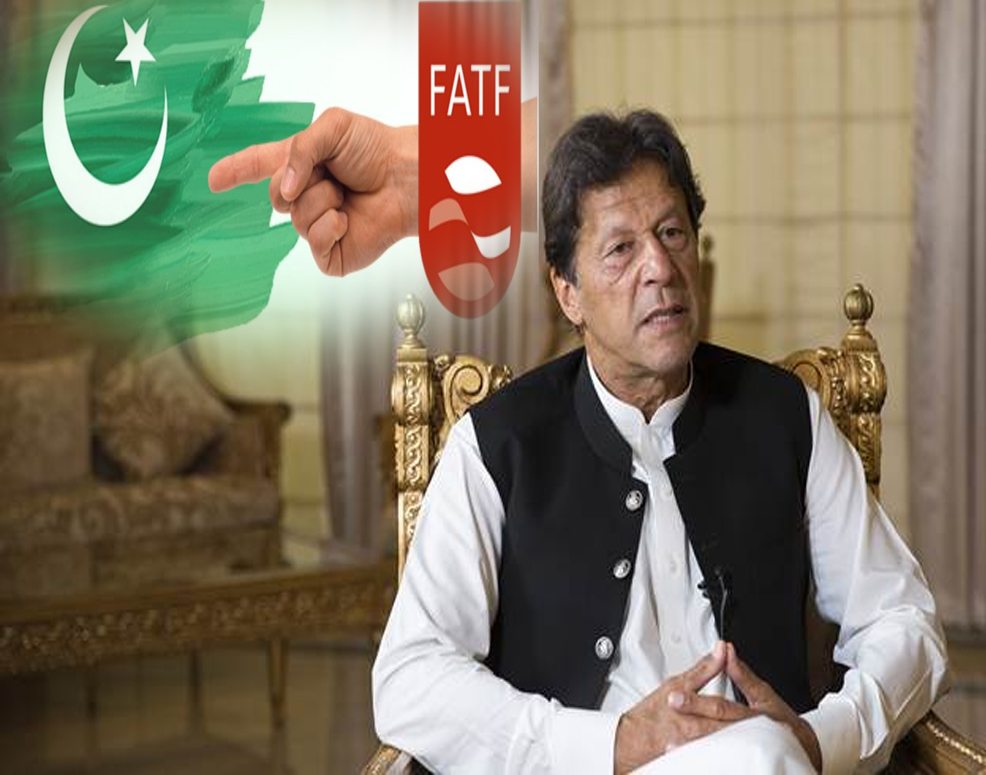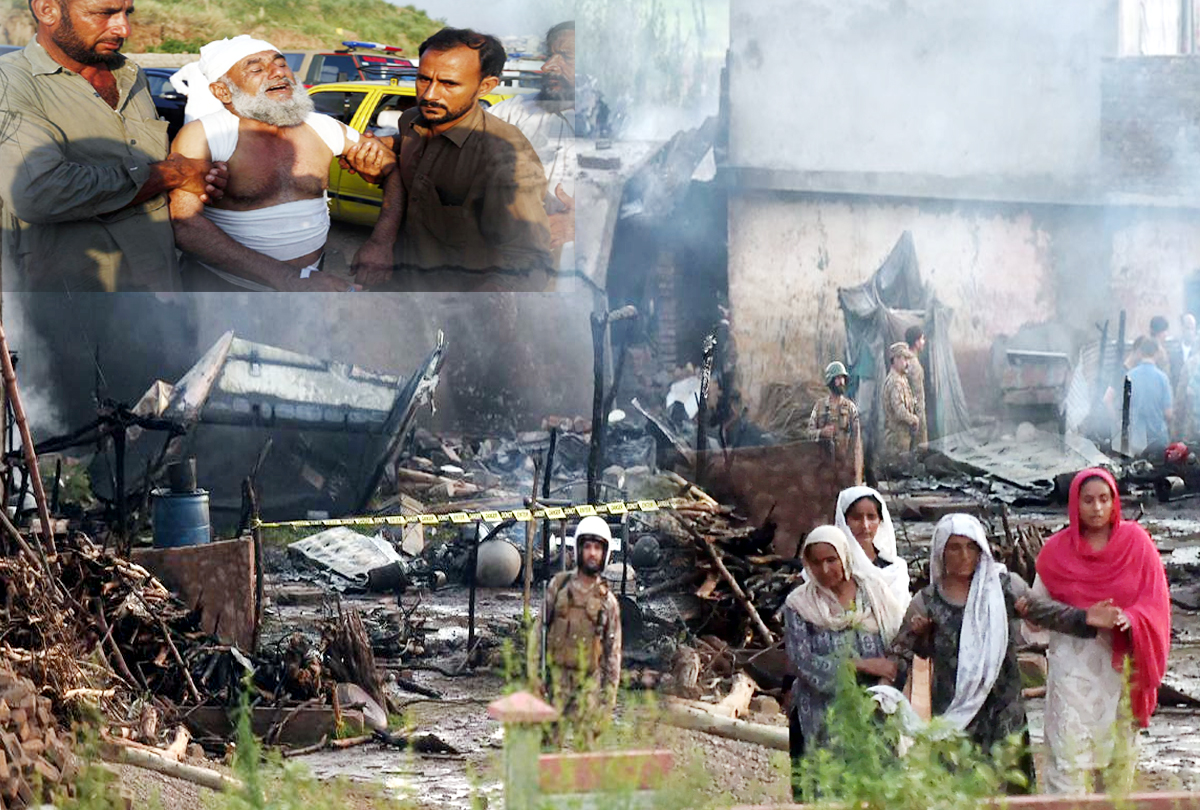Reel Gandhis discuss about real Gandhi

[Edited By: Gaurav]
Wednesday, 2nd October , 2019 01:40 pmIt’s not just about the much-acclaimed Gandhi, Richard Attenborough’s 1982 epic in which Ben Kingsley played the Father of the Nation.
As a character, Mohandas Karamchand Gandhi has appeared in several films, even if not at the centre of the narrative. How challenging is it to play or portray Gandhi on screen? Is it any different from other real life characters, specifically political leaders? Is it all about approximating the physicality? Nailing the accent and speech? Or does becoming Gandhi mean internalising his values and ideology? What does Gandhi mean to his on-screen creators? How do they assess his significance in his 150th year?
If veteran filmmaker Shyam Benegal made The Making of the Mahatma in 1996 that had Rajit Kapur essaying Gandhi’s South Africa years, then there was also the TV series Samvidhan that had Neeraj Kabi playing Gandhi. Bharat Ek Khoj and Netaji Subhas Chandra Bose: The Forgotten Hero were also marked by Gandhi’s presence. Apart from Samvidhan, Kabi played Gandhi in Gurinder Chadha’s Viceroy’s House. His character of the Jain monk Maitreya in Anand Gandhi’s Ship of Theseus also had a Gandhian touch.
The Hindu spoke to Benegal, Khan and Kabi on all things Gandhi. Excerpts:
Feroz Abbas Khan
Gandhi has been framed within a few images, namely an old man carrying a stick with a beatific smile. He arrives with his familiar narrative and the portrayals are normally woven around it. As a political leader, he is enveloped in a halo of an enlightened soul in search of a new social and political order. No other political leader in recent memory is so compelling, complex and inspiring. He is neither too far in history nor too recent, and that poses very unique challenges. He is, perhaps, the most documented public figure with 100 published volumes of his work. In fact, we have a day-to-day account of his life from his birth to his last day encapsulated as a diary and every year, several books are published about him. As a filmmaker, you have to compress his life in a few hours, with selected events to support the theme you are exploring. The burden of expectation and microscopic critique can be overwhelming. He is humanity’s great symbol and a target of hatred for those who find his moral and social position inconvenient. To find a middle ground with Gandhi is frustrating.
His physicality is a terrific opportunity for an actor to explore Gandhi in minutiae. His mannerism and behaviour allows you to layer the subtext. His voice and speech are integral to connect with his deeper psyche. However, one needs to be careful not to create a caricature. Finally, the yardstick of a successful portrayal is the power of his soulful truth that affects the audience deeply.
Every actor will find his own unique way to find the voice of the character and any attempt to generalise would be a reductive process. Internalising the values and ideas as individuals inspired by Gandhi is one thing and doing it to play the part is very different. Creative imagination has to wrestle with the facts and opinions about the character to carve a unique portrayal.
You do not approach playing a character in comparison. It has to be done with fidelity to the truth of the individual, with all the depth and complexity. Gandhi occupies a larger imagination in the minds of the audience as compared to other characters, which can be exciting and limiting. I wish we had attempted many more films on Nehru, Sardar and Jinnah.
Gandhi has become a constant companion in my life journey. He is instructive and inspiring. He, perhaps, fills the void with meaning and purpose. It is ironic that at a time when some in India are questioning his relevance with an orchestrated assault on his basic tenets, values and principles, he still remains the only viable model of an inclusive, compassionate and just society. The world is grateful that someone like Gandhi straddled its stage.
Shyam Benegal
Gandhi is the only person in Indian history you can portray subjectively without raising hackles. The credit for that goes to Gandhi himself and his ideas. You have to internalise the values and ideas he propagated to understand them. In many ways, his life was his message. Gandhi can never become irrelevant because his ideas are simple, straightforward, compassionate and humane, making them universally applicable.
Neeraj Kabi
For an actor, playing any character is as important as becoming Gandhi. Having said that, there is a duality here. Gandhi was of a stature that makes it zillion times more difficult to play him. It is not about the body language or speech pattern but capturing the mind and the psyche of a character. One has to bring the soul alive on screen. You can’t be an exact imitation, can resemble him to a sketch. Once the audience accepts you physically, you can draw into your own self and take them on a journey.
Humans like Gandhi are rare. Most characters we play are like us whereas he is someone who didn’t just transform people; he transformed humanity. There would be resentment if you don’t do justice to him. And yet you can’t get more than 60% of him [who he was].
As an actor you can’t “get” him by reading about him or watching films and documentaries on him. It is a long process [requiring you] to evolve yourself in mind, thought and action, imbibe from him, get close to being him. [Ideally] it should not be about becoming Gandhi overnight but you should begin preparing for years. You should have lived Gandhi for 20-30 years. At a minimal scale, it is about somehow linking yourself to the way he lived. There was an integrity in the way he lived. There was truth and non violence. Am I capable of it, you need to ask. You can create him by living these elements. You should be prepared and not jump into it.
My approach, after losing body weight, was to live the way he did, follow his routine, wake up at a certain time, spin the charkha, eat vegetarian food, hum his bhajans in the evening at 5 p.m. I would wear the dhoti inside the hotel room.
I have been blessed to play him twice. For me it has been an immense joy playing him. He was this man with mammoth strength that he would beat any black belt karate champion or boxer [hollow]. He was so fearless and that too at a late age of beyond 70. His body might have been weak but he had immense reserves of strength. He was ready to take on the guns and the bullets [of the British]. He was superhuman.
He is a teacher for me even till date. Someone I look up. He has set examples and experiences time and again in life. No one could match him--neither Lincoln, Martin Luther King, nor Mandela. He set a unique example. He manoeuvred, managed and organised an entire nation. He was a warrior of peace, organised people to prepare for the Satyagraha.
He has been the call of the times, generation after generation. He is a solution at the UN, he is a solution for Kashmir. You just need to follow Gandhi. If you want a solution of the Indo-Pak issue, follow Gandhi. He saw multiple years ahead of himself. He understood how the universe and humanity functions.
Latest News
-
2-Doxy-D is a game-changer drug - discovered by sc
-
UP Covid News: Recovery rate rises 86 percent in U
-
Big B orders 50 oxygen concentrators from Poland,
-
Today is Akshay tritiya-PM Modi and Akhilesh yadav
-
Kanpur health department doing preparations to fig
-
UP Govt. must be held accountable for "failing" it
-
16 doctors in Unnao UP resign yesterday but retrac
-
Vaccine is safety cycle against corona pandemic-CM
-
Life of every person is priceless,rescue is the be
-
Kanpur Municipal Corporation will make dust free K
-
Corona vaccination: UP government withdraws the de
-
UP Government should follow the orders of Highcour
-
Uttar Pradesh-IG roaming in the city without the u
-
PM, take off those pink goggles, by which nothing
-
Rahul Gandhi's counterattack on BJP Government’s s
-
Happy international nurse day-PM Modi, Rahul Gandh
-
Online food delivery and liquor shops can open the
-
Egoistic BJP should work in public interest instea
-
High court directed UP Government to make a Covid
-
Isolation rooms to be built in industrial units, a
-
WHO has appreciated the effort of the Yogi Adityan
-
Brother is forced to carry his corona afflicted br
-
Lucknow- Free auto service for covid patients
-
Lucknow-Defense Minister and CM Yogi inaugurated
-
Wine shops opened in kanpur
-
Kanpur: oxygen demand 50 percent decrease as infec
-
Kanpur Crime Branch Police arrested 2 accused of i
-
Kanpur police's initiative to prevent corona infec
-
CM Yogi inspected the community health center in c
-
Corona's third wave: IIT professor claims not to c
World News
-
American president Appoints Two More Indian To Key
-
Arora Akanksha an Indian running for United Nation
-
Brazil thankes india with hanuman after receiving
-
Toronto protest against Indian citizenship law as
-
One-Of-A-Kind Wedding: After Groom's Father Gets A
-
Kim's Horse Ride On Sacred Mountain Hints At "Grea
-
Chinese President’s India visit on track, confirms
-
'Howdy Modi' event 'win-win' situation for Modi an
-
Malala urges U.N. to help Kashmiri children go bac
-
Rocket blast at U.S. Embassy in Kabul on 9/11 anni
-
PM Modi launches $4.2 mn redevelopment project of
-
Pakistan Blacklisted by FATF's: After Failing to A
-
Amazon Rainforest burning: Brazil President tells
-
10 shoking pics of Amazon Rainforest Burning
-
200 pakistan twitter accounts suspended on kashmir
-
Trump dials Imran Khan, asks to ‘moderate rhetoric
-
No policy change on Kashmir, says U.S.
-
Hamza, the son of Osama bin Laden, is dead
-
Ethiopians planted more than 200 million trees in
-
Pakistani military aircraft crash: All 5 crew memb
























